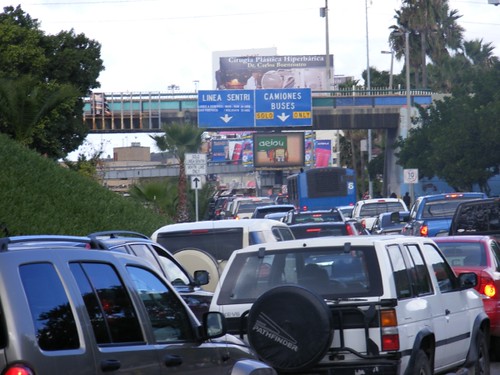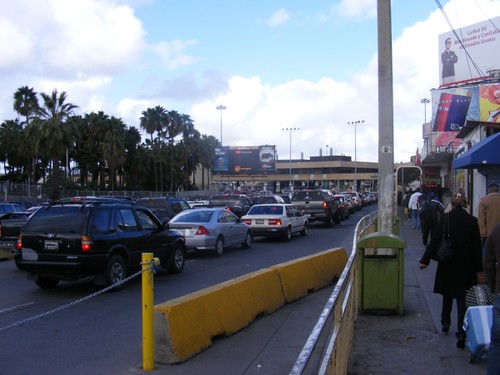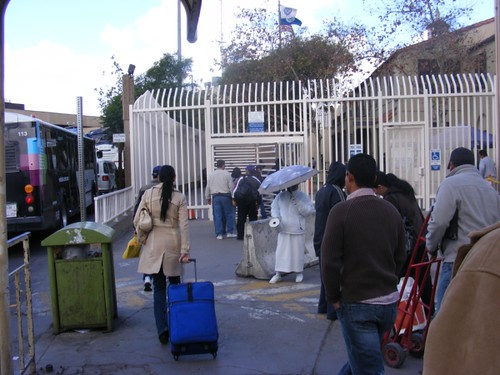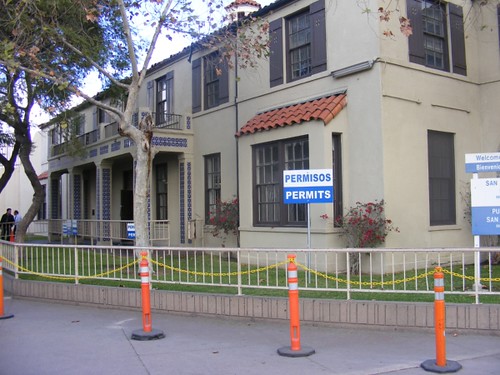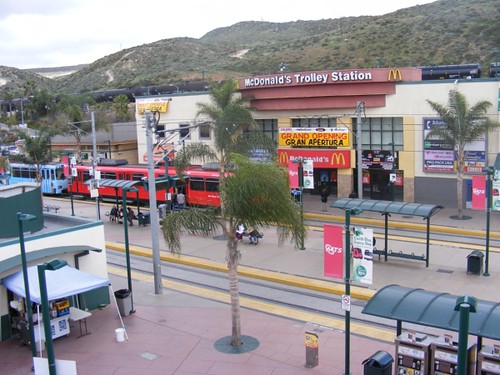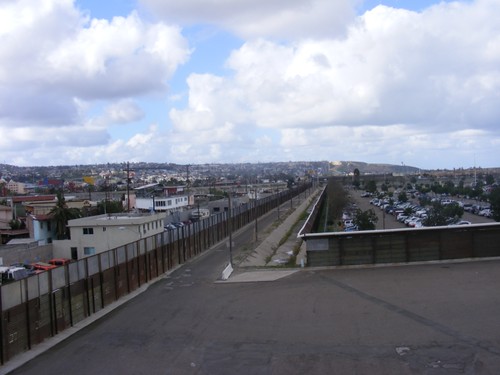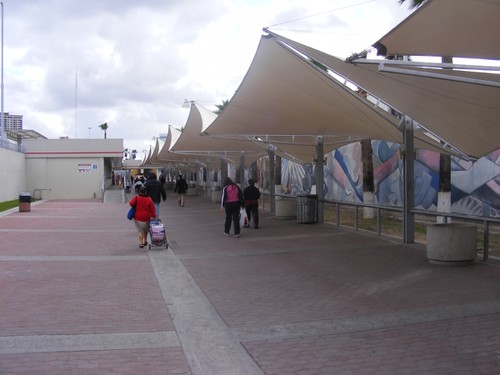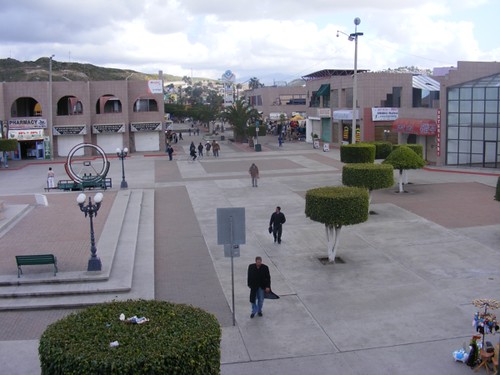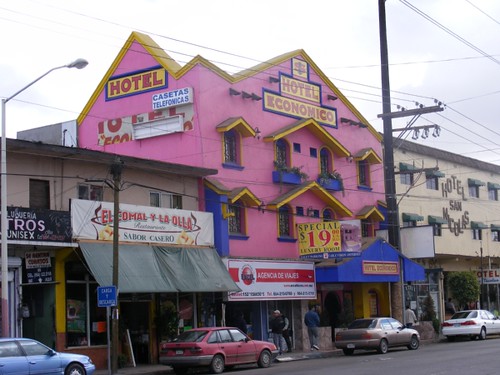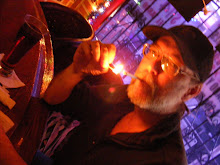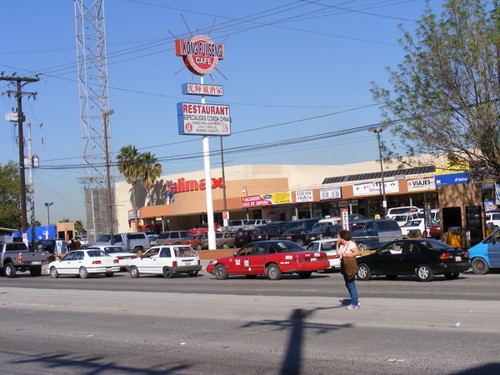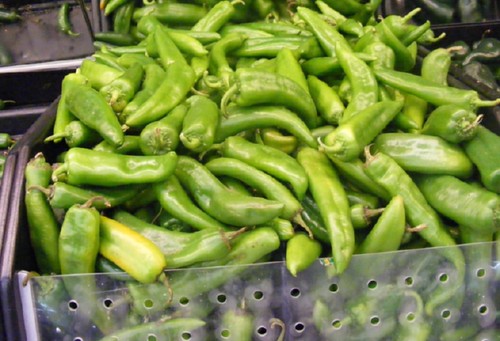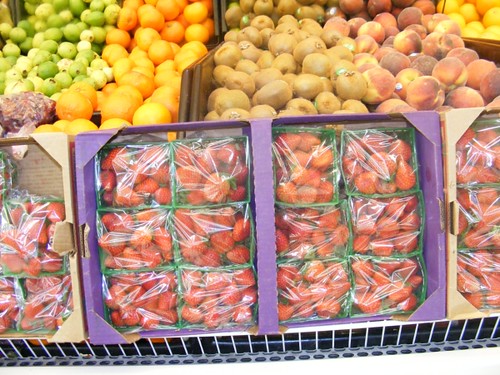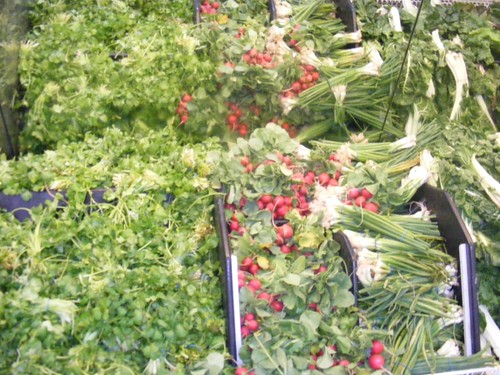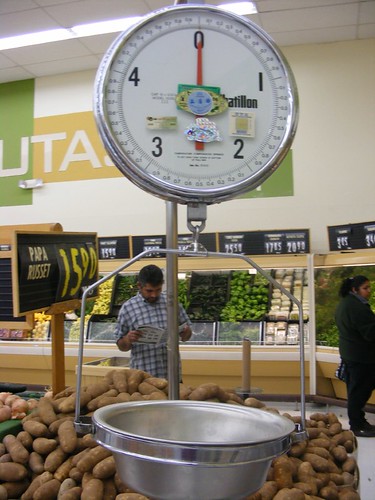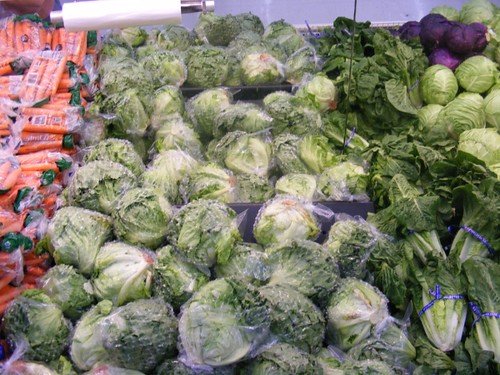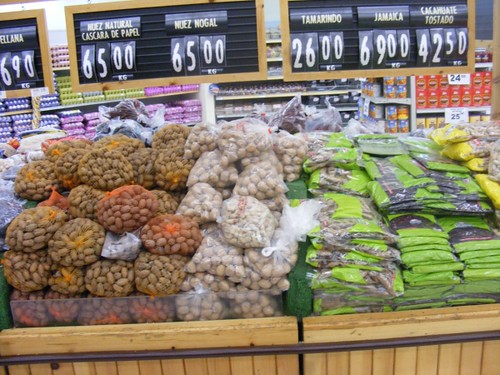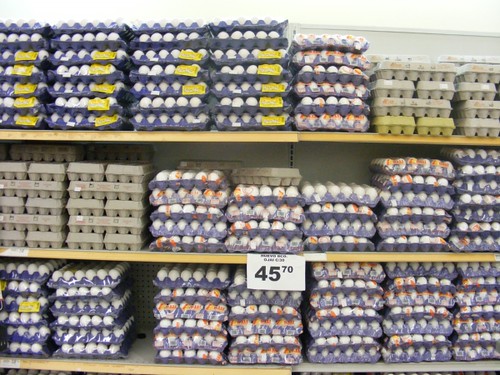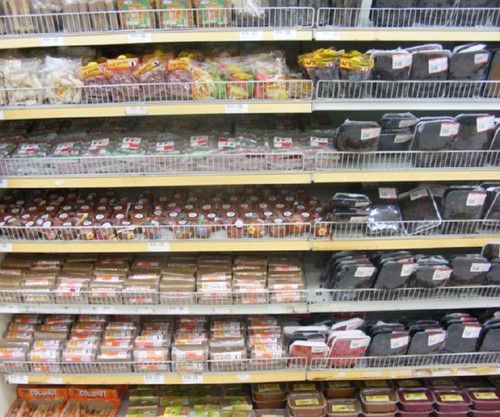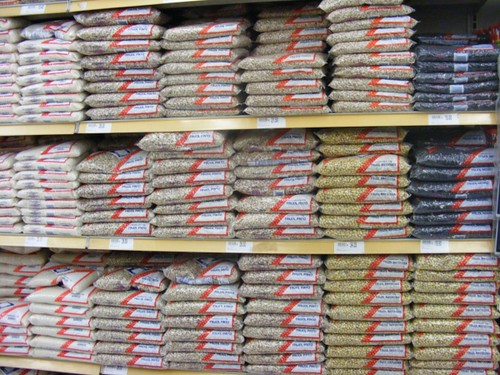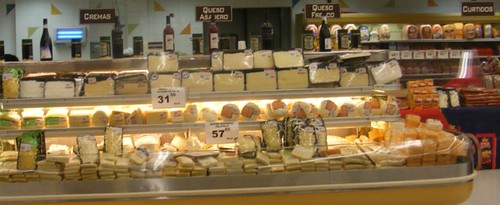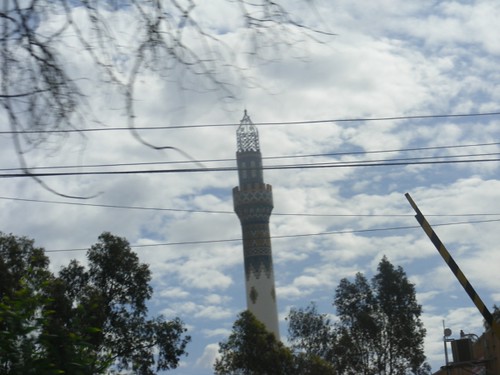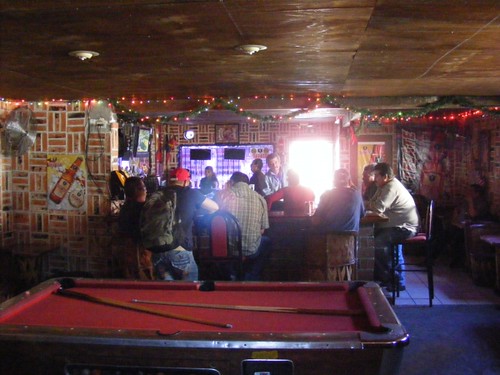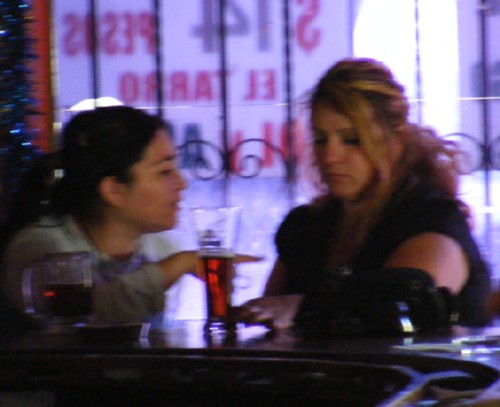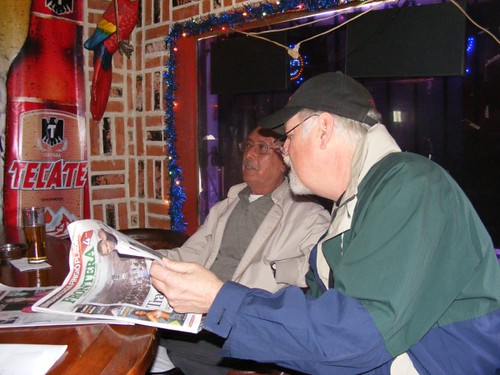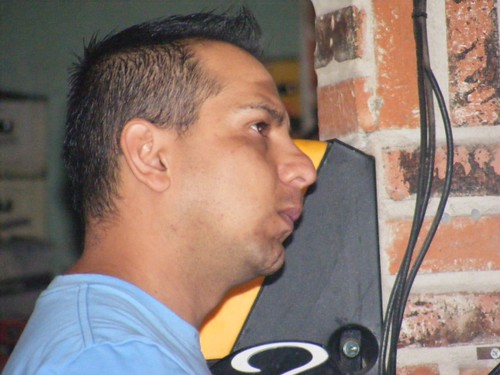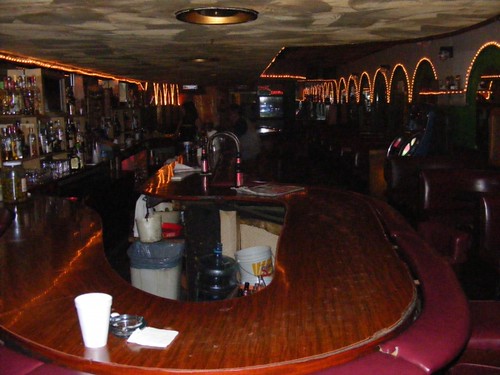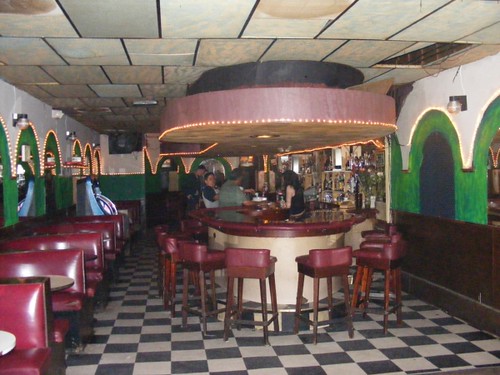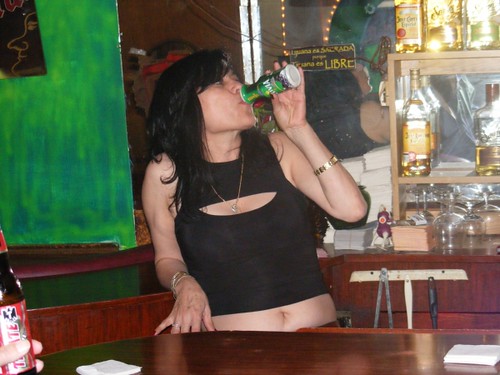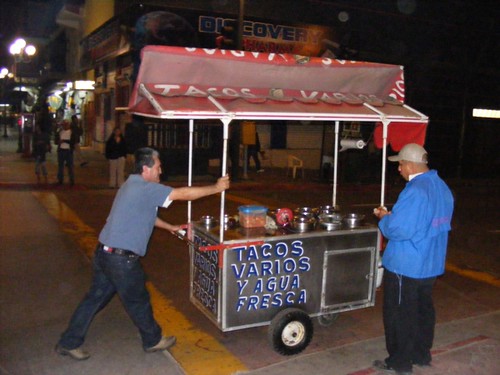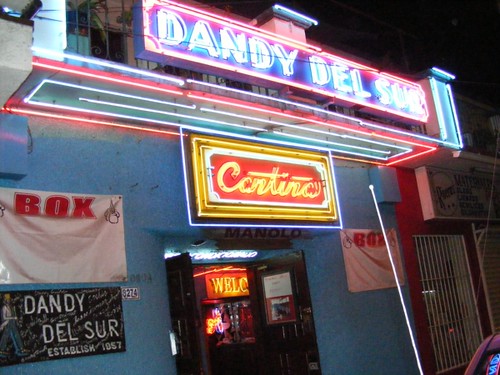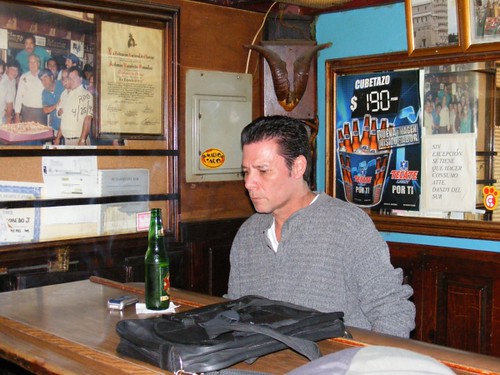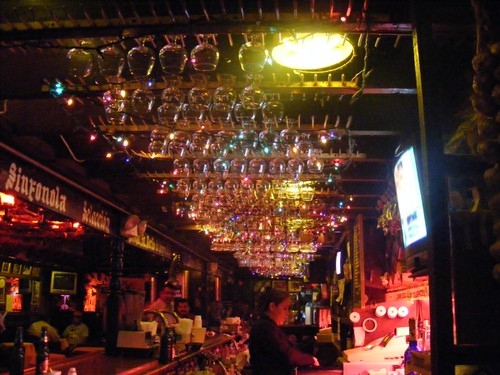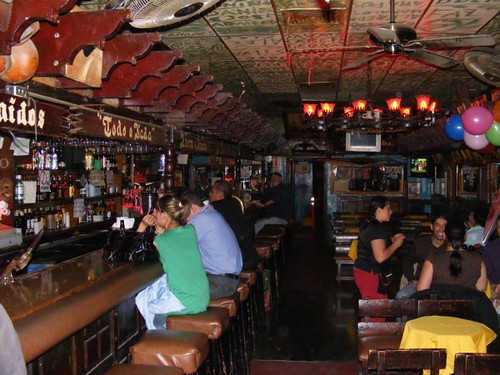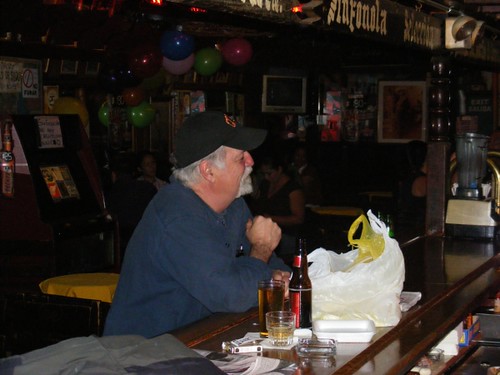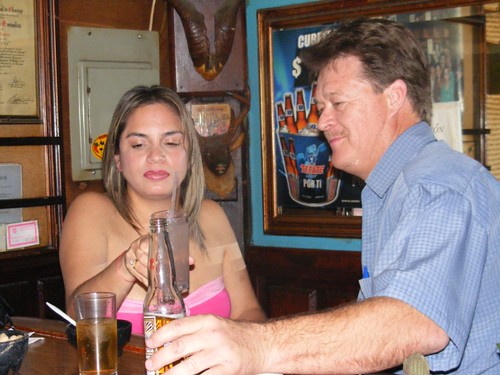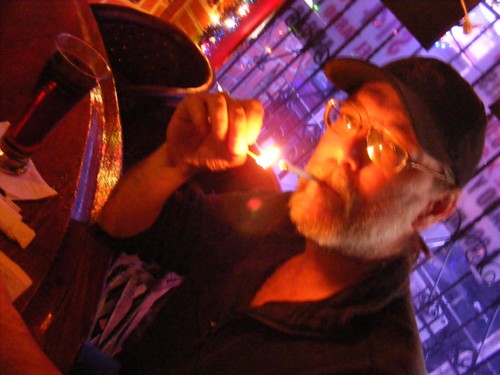Rapid And Sudden Collapse
So much depends
upon
a red wheel
barrow
glazed with rain
water
beside the white
chickens.
~ "The Red Wheelbarrow" by William Carlos Williams
People come and go like clearance sales and lottery tickets, much as all events that are sometimes ordinary but fill some empty spaces for memory in our thick and stubborn skulls. We are certainly here temporarily, and while the important components of life serve as donkeys that we use to haul around such memories, it is these donkeys that we most neglect to address. All of the times I’ve crossed the border into the United States of America, many of which were quite eventful, will only serve mostly as wasted moments and dubious opportunities at storytelling - of occasionally angry tales involving inhumane treatment of tourists and expatriates, and several inadequate and poorly trained gatekeepers. I have crossed that border thousands of times along with thousands of other people who likely have their own bad memories.
The border is the donkey and my many crossings are packed onto it, its legs buckling under the weight, and it stands obstinate and unfriendly in its burden.
Richard Millhouse Nixon opened the current National Border facilities at San Ysidro, California, by deciding to have every vehicle entering the United States of America thoroughly searched for a period of twenty-four hours. President Nixon was somehow convinced that people were smuggling contraband into the United States of America about as easy as rivers carry water. They didn’t find anything of note back then, which only proved that Nixon was a few decades too early. Many people have bad timing; this is not a trait limited to those who hold office.
Timing was not an issue with me on Monday, nor did I have anything with which to burden the beast. For the first time in many, many years, I timed it perfectly - a border crossing in which I had absolutely no wait. I walked up to the gatekeeper and actually had to fish identification out of my pocket at her counter, when usually I have a good long time to have everything ready to present by the time I get up there. I wanted to do a dance except that it was ten o’clock in the morning and I had a tequila hangover, two circumstances that discourage spontaneous celebration of any kind.
It wasn’t but a week ago that I awoke to the radio and to a voice that informed listeners that the Joint Forces Command of United States of America placed Mexico at risk of rapid and sudden collapse, on equal footing with Pakistan. After I stopped laughing, I began to wonder then, if they are so incorrect about Mexico, how accurate could they possibly be about Pakistan? The voice on the radio said the worry about Mexico was from fears that violence by the cartels and how this was something that the Mexican government was having a difficult time controlling. I shrugged and got dressed and came downstairs to make some coffee and read.
Apparently, the United States of America has its own issues controlling violence up there, according to the news reports I read every day.
Then I read about the four hundred million dollars in aid that the United States of America is gifting Mexico, in order to fight the war on drugs. This aid is not being given in the form cash money, but in equipment. The United States of America also estimates that the value of the drugs that are smuggled into their country each year from Mexico are valued at somewhere between ten and twenty billion dollars. I didn’t need to break out a calculator in order to realize that someone up there failed mathematics.
I did my business over there quickly and efficiently and made my way back over to this side of the big metal fence. I looked for any sign of impending rapid and sudden collapse and I found nothing out of the ordinary. The tourists are still mostly missing, the Mexicans in Centro still do what they can do to survive in spite of it, and everyone else here seems quite fine. I met up with Scott and we had a few beers and I asked him what he thought of the possibility of a rapid and sudden collapse here. Scott laughed.
"I wouldn’t know," he said. "Everything looks normal to me."
I bought some tacos and took them home, watching out the window of the taxi, looking for signs of civil unrest. People here were just being people. I walked in the door and Anna was watching television. My tacos tasted every bit as wonderful as they always have. From my office, I could even hear my neighbor Ted over the hum of my radio, in his backyard and tinkering with metallic objects getting ready to fire up the grinder. Everything was just fine.
I hope that everything is just fine in Pakistan, too.
